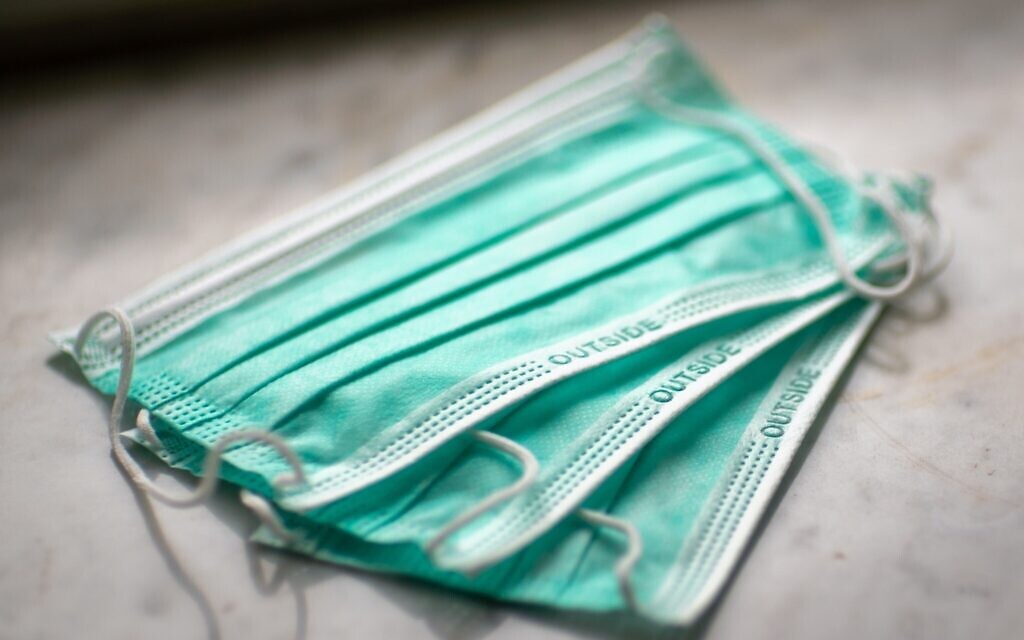Torah For Today! Wearing Masks
Rabbi Jeff Berger takes a topical issue and looks at Jewish texts for a response

Two words in Hebrew describe a mask – masveh and masakh. We find masveh in the Torah following the sin of the Golden Calf.
Moses’s second 40-day experience atop Sinai, which effected forgiveness for the Israelites, brought the replacement set of tablets.
To assuage their fears, he temporarily veiled his face. Thereafter, in the presence of the divine, and again when conveying God’s teaching to the nation, his face was allowed to shine.
But in between those encounters, he masked himself. (Misinterpreting this verse, Michelangelo created the statue of Moses with horns.)
The word masakh appears in the description of the curtain that shielded the entrance to the desert Tabernacle. It served as a decorative tapestry and obstructed a direct public view of the divine service.
In each case, these coverings protected others, preventing them from being overwhelmed by God’s glory. The Israelites were unable to withstand the unfiltered intensity of the divine presence.
In the context of Covid-19 and our government’s requirement to wear masks in public where social distancing rules can’t be maintained, mask-wearing fulfils an altruistic function.
Dr Ellie Cannon, who attended the recent Mitzvah Day ‘Mask-making with Hugh Dennis’ online event that I helped to organise, said: ‘There is nothing greater we could do as an act of kindness, or a mitzvah, than wear a mask. My mask protects you and yours protects me.”
As we return to synagogue and Jewish ceremonial life, we will be shielded like Moses.
Our hope is that one day soon, it will be safe to leave off our masks and again experience among ourselves and with others, without fear, the unfiltered intensity of God’s glory.
- Rabbi Jeff Berger can be reached at rabbijefflondon@gmail.com
https://jewishnews.timesofisrael.com/torah-for-today-wearing-masks/